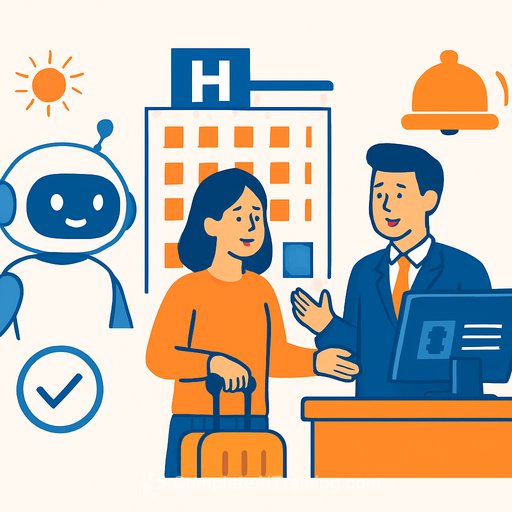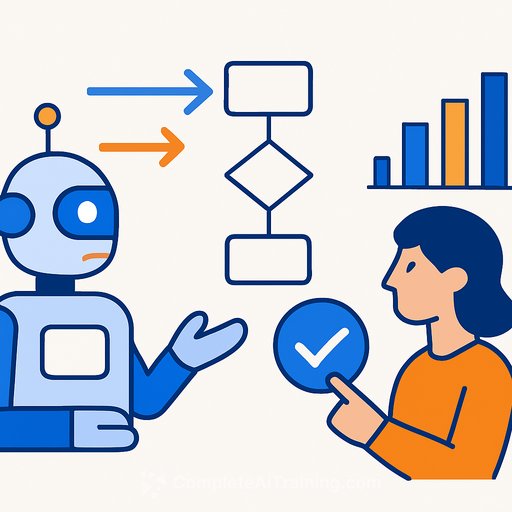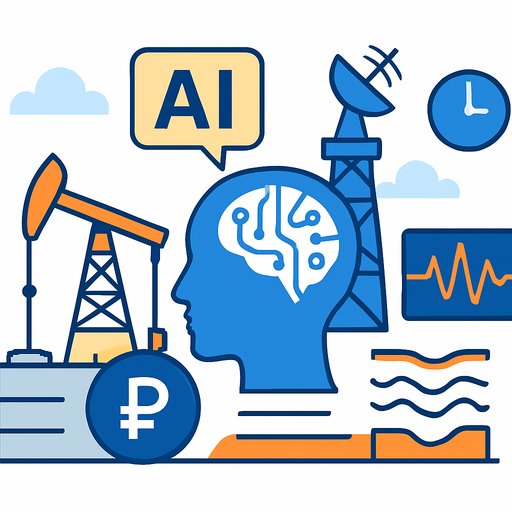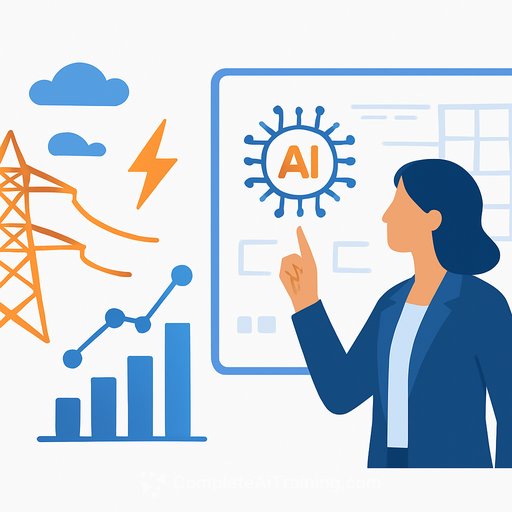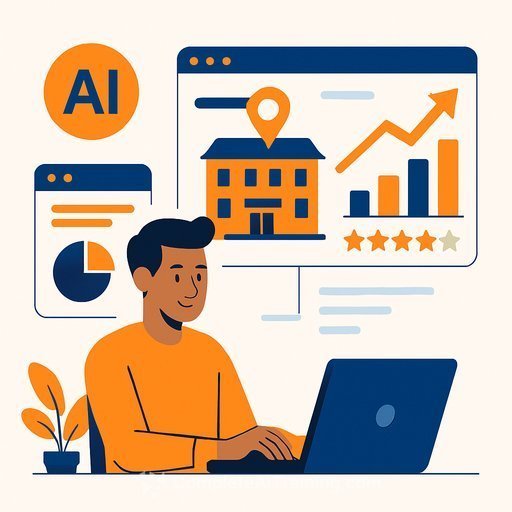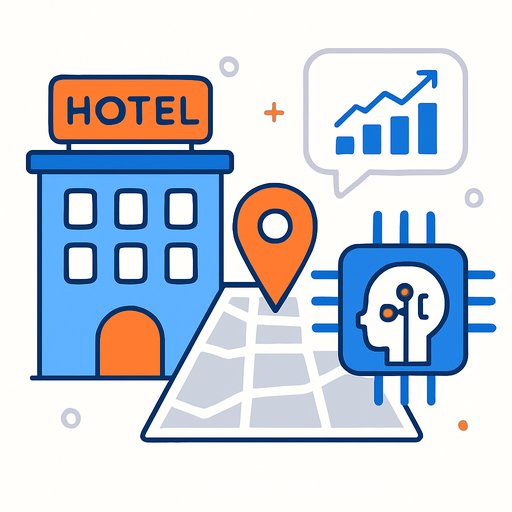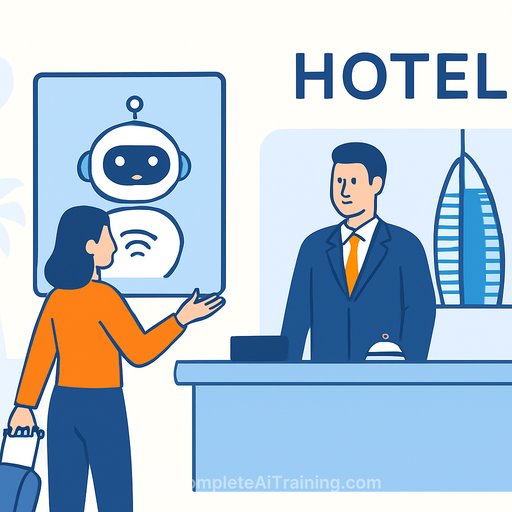Agentic AI: The Future of Intelligent Hospitality for Hotels in 2025
Hotel operations are on the brink of their biggest shift in years. As AI moves from assistive tools to decision-making agents, the way teams schedule, price, maintain, and serve will change. Mews is one of the platforms pushing this forward, with a cloud-first approach and an emphasis on connected systems that actually work together. Their latest insights point to a clear outcome: intelligent agents will deliver leaner operations and sharper guest experiences.
The Rise of Agentic AI in Hotels
Agentic AI goes beyond chatbots. These systems can decide and act, not just suggest. They plug into your PMS, RMS, housekeeping, maintenance, and messaging tools to keep workflows moving without constant manual input.
Think less time on price updates, task assignment, and issue routing-and more time with guests. The result is faster decisions, fewer bottlenecks, and experiences that feel personal without adding headcount.
How AI Will Change Daily Operations
On the revenue side, AI agents will update rates by minute, not by meeting. On the staffing side, they'll forecast demand by hour, schedule teams accordingly, and reallocate in real time when patterns shift.
On the guest side, AI will spot preferences, surface relevant offers, and resolve small issues before they turn into complaints. Your team stays focused on high-impact conversations instead of administration.
- Revenue: Dynamic pricing, length-of-stay optimization, upsell targeting.
- Housekeeping: Smart assignment by checkout times, room status, and team capacity.
- Maintenance: Predictive alerts, auto-ticket creation, vendor coordination.
- F&B: Demand forecasts by daypart, optimized prep and ordering.
- Front Desk: Queue prediction, ID/CC verification, auto key provisioning.
- Finance/Risk: Chargeback detection and exception routing.
A Gradual Shift, Not a Flip of a Switch
Automation will roll out in phases. You decide which actions agents can take and where human approval is required. The aim isn't to replace people-it's to remove repetitive tasks so teams can deliver hospitality that actually feels human.
Pilot, measure, expand. That rhythm keeps change controlled and the guest experience consistent.
The Technology That Makes It Work
The real unlock comes from a shared semantic layer-a unified way to label and interpret data like "occupied," "OOO," "ADR," or "VIP." With consistent meaning across systems, agents can act with context, not just react to events.
Open APIs and connected platforms are essential. A cloud-based setup like Mews lets agents collaborate across departments and act in real time. Standards and interoperability from groups like the OpenTravel Alliance help reduce integration friction at scale.
Don't overlook governance: audit logs, role-based access, data minimization, and clear escalation rules keep operations safe and accountable.
Practical Rollout Plan for Operations Leaders
- Pick one high-impact use case (e.g., rate updates, housekeeping dispatch, or maintenance triage) with a single KPI and clear guardrails.
- Map data and integrations: PMS, RMS, POS, work orders, guest messaging, and data warehouse.
- Define decision rights: what the agent can do automatically, what needs approval, and when to hand off to a person.
- Pilot in one property for 6-8 weeks. Start in "shadow mode," then move to partial automation.
- Train teams on new SOPs, exception handling, and how to give feedback to improve the agent.
- Review results weekly. Keep what works, fix what doesn't, and expand to adjacent workflows.
- Set ongoing monitoring for drift, bias, and service recovery. Keep a clean audit trail.
Metrics That Prove It's Working
- Revenue: RevPAR, GOPPAR, upsell conversion, price change latency.
- Labor: Labor cost %, hours per occupied room, overtime reduction.
- Housekeeping: Minutes per room, late checkouts due to turnaround delays.
- Maintenance: Mean time to repair (MTTR), mean time between failures (MTBF), out-of-order room nights.
- Guest: First-response time, resolution time, review sentiment, NPS/CSAT.
- Risk/Accuracy: Error rates on rate pushes, no-shows/overbooking incidents.
Guardrails and Accountability
Automate with limits. Put caps on price moves, require approvals for high-value actions, and always keep a manual override. Secure payment data, respect regional privacy rules, and maintain clear audit logs for every agent action.
Build a feedback loop from frontline teams. If the agent makes a bad call, make it easy to flag, correct, and learn.
Guide for Travelers: How AI Will Improve Your Stay
You may not notice the systems, but you'll feel the results.
- Personalized recommendations based on your preferences-from room setup to dining.
- Faster check-in and fewer lines, with digital keys ready on arrival.
- Proactive problem solving: issues get handled before they interrupt your day.
- More comfort: smart room settings, relevant activity ideas, and timely service.
Get Your Stack Ready
- PMS with strong API access and webhooks for real-time events.
- Revenue, housekeeping, and maintenance tools that support two-way integrations.
- A data warehouse and semantic layer to standardize definitions.
- Workflow automation or iPaaS for cross-system orchestration.
- Observability: dashboards, alerts, and audit logs for every automated action.
- Identity and access controls with least-privilege by role.
Upskill Your Team
Your greatest ROI comes from managers who know how to work with agents: setting goals, tuning guardrails, reading dashboards, and improving processes. If you're building these skills, see practical programs here: AI courses by job.
Conclusion
Agentic AI is set to reshape hotel operations in 2025. The win is simple: leaner workflows, faster decisions, and stays that feel more personal-without burning out your team. With a connected tech stack, a clear semantic layer, and tight guardrails, intelligent agents handle the heavy lifting while your people do what they do best: deliver hospitality that guests remember.
Your membership also unlocks:

